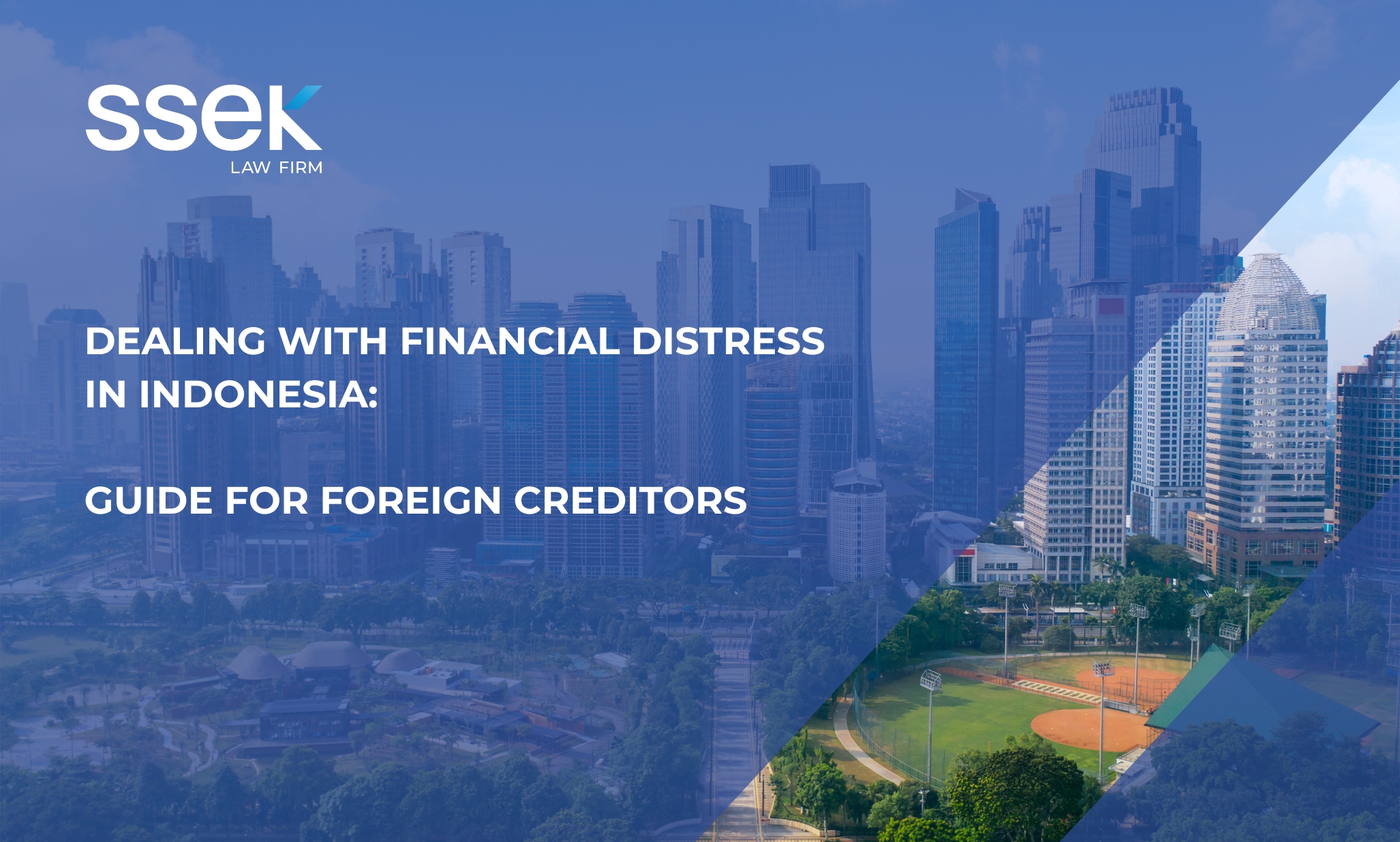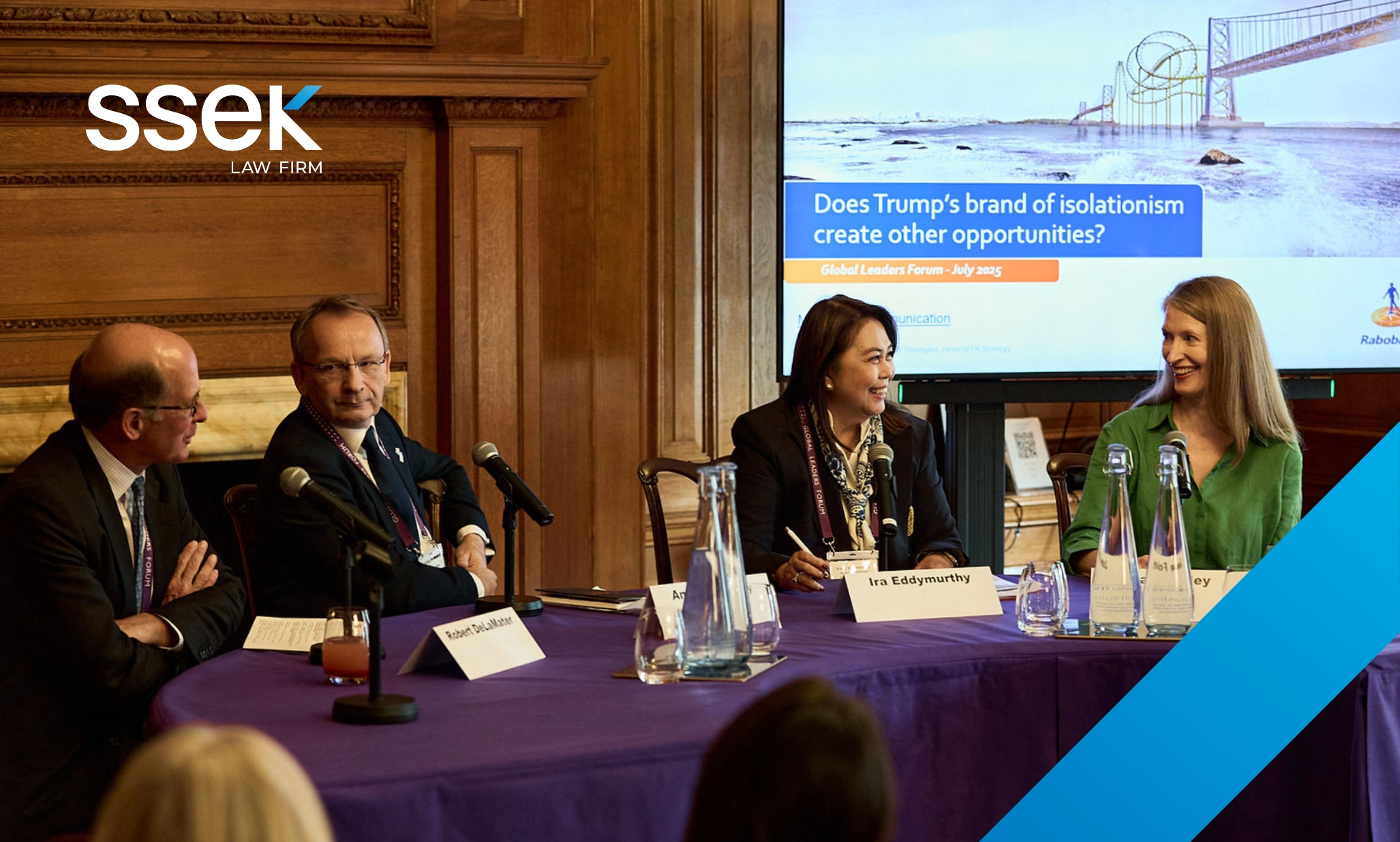


The Indonesian Competition Commission (Komisi Pengawas Persaingan Usaha or “KPPU”) last year introduced the dual nexus assessment, which stipulates that a transaction is notifiable to the KPPU only if it is conducted between parties with assets and/or turnover, either directly or indirectly, in Indonesia.
The dual nexus requirement was introduced in KPPU Regulation No. 3 of 2023 regarding Assessment of Merger, Consolidation, or Acquisition of Shares and/or Assets Which May Result in Monopolistic Practices and/or Unfair Competition (“KPPU Reg. 3/2023”), which came into force last year.
The dual nexus requirement means a foreign transaction will only be notifiable in Indonesia when both parties involved in the transaction conduct business activities or generate turnover in Indonesia. The previous regulation only required one of the parties involved in the transaction to engage in business and/or have turnover in Indonesia.
To facilitate the dual nexus assessment, the KPPU recently updated its online notification system to require business actors filing a notification to confirm their fulfilment of the dual nexus requirement with a series of “yes” or “no” questions. These questions concern whether:
- The acquiring party/surviving company;
- The legal entities directly or indirectly controlled by the acquiring party/surviving company;
- The ultimate controlling entity of the acquiring party/surviving company;
- The legal entities directly or indirectly controlled by the ultimate controlling entity of the acquiring party/surviving company;
- The acquired party/merged company; and/or
- The legal entities directly or indirectly controlled by the acquired party/merged company,
either (i) has assets in Indonesia, (ii) has turnover in Indonesia and/or (iii) is a legal entity established and domiciled in Indonesia.
A “yes” response from an entity under points (1) to (4) and an entity under points (5) and (6) is required to satisfy the dual nexus requirement.
This publication is intended for informational purposes only and does not constitute legal advice. Any reliance on the material contained herein is at the user’s own risk. All SSEK publications are copyrighted and may not be reproduced without the express written consent of SSEK.









